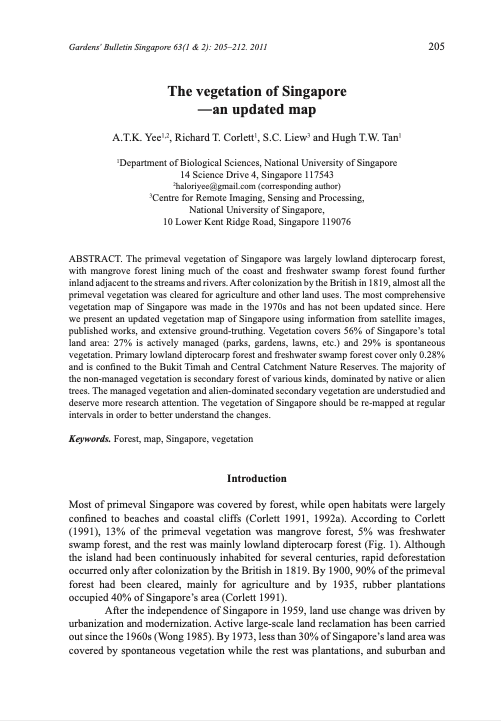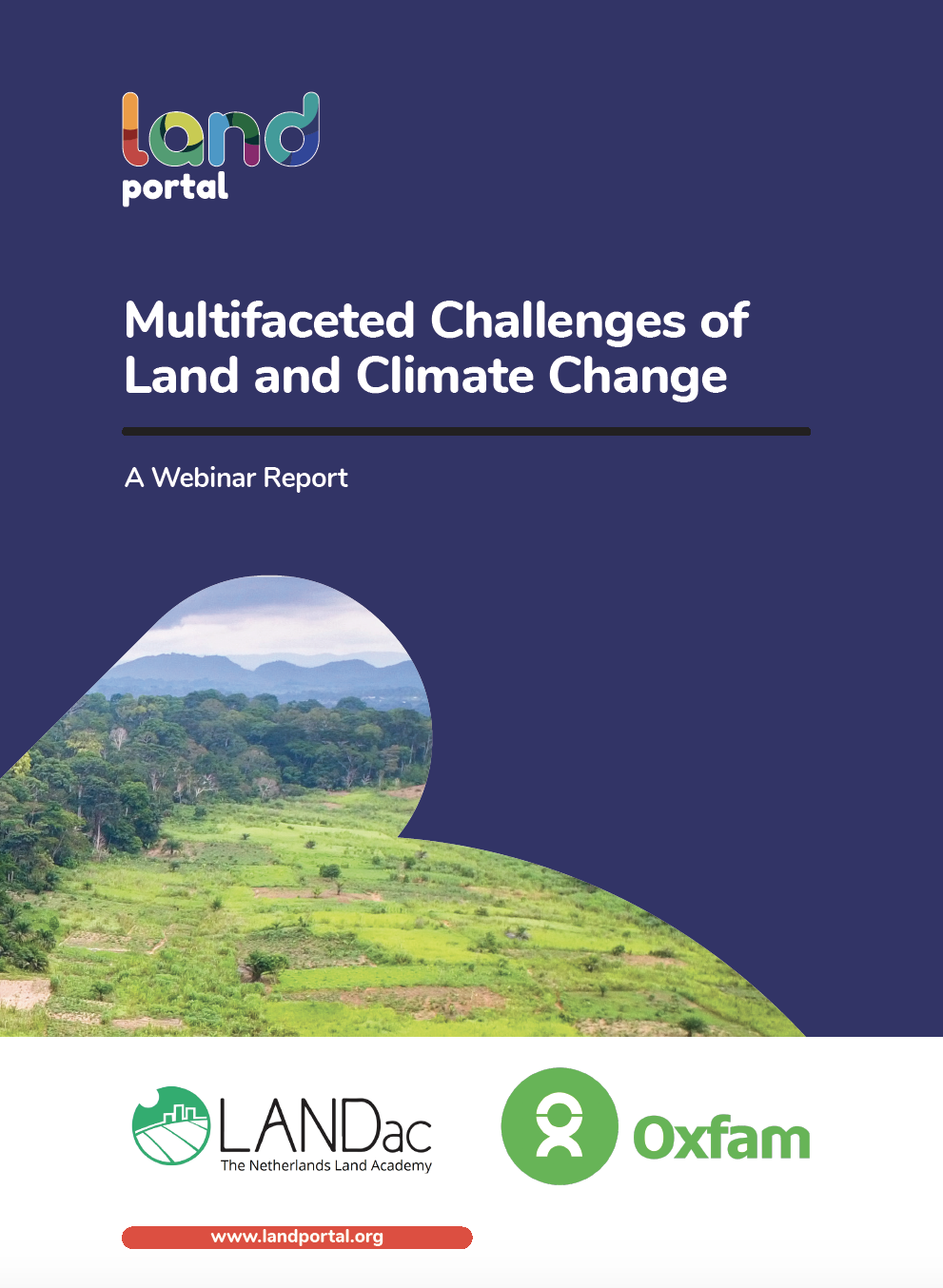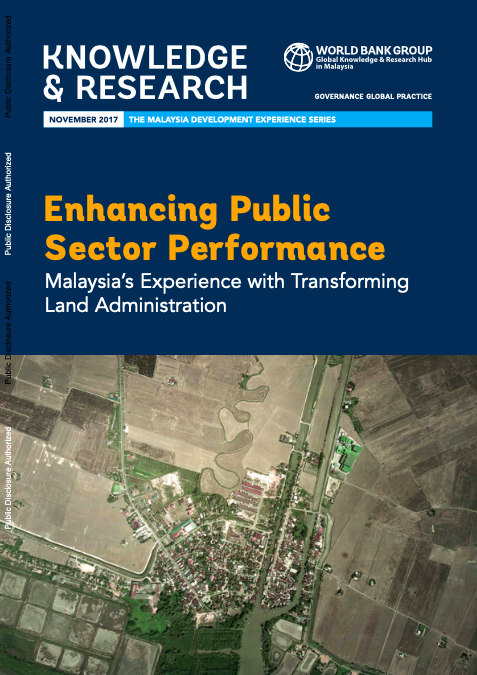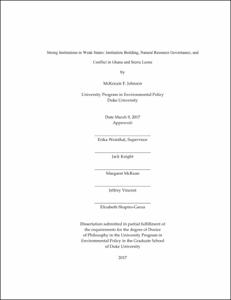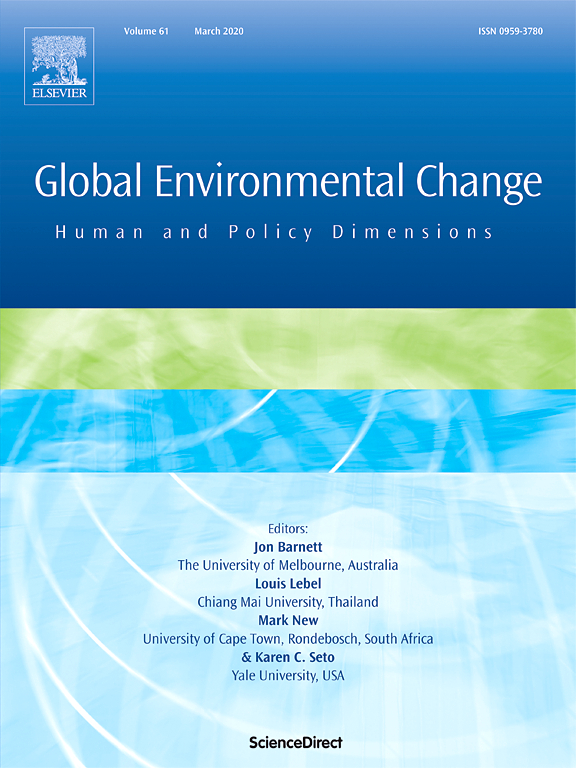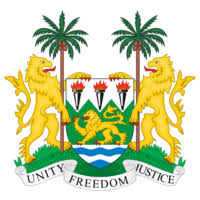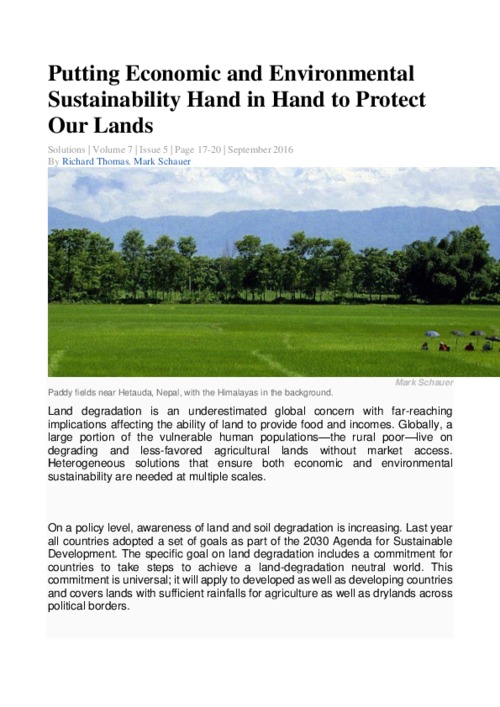The vegetation of Singapore
The primeval vegetation of Singapore was largely lowland dipterocarp forest, with mangrove forest lining much of the coast and freshwater swamp forest found further inland adjacent to the streams and rivers. After colonization by the British in 1819, almost all the primeval vegetation was cleared for agriculture and other land uses. The most comprehensive vegetation map of Singapore was made in the 1970s and has not been updated since. Here we present an updated vegetation map of Singapore using information from satellite images, published works, and extensive ground-truthing.

